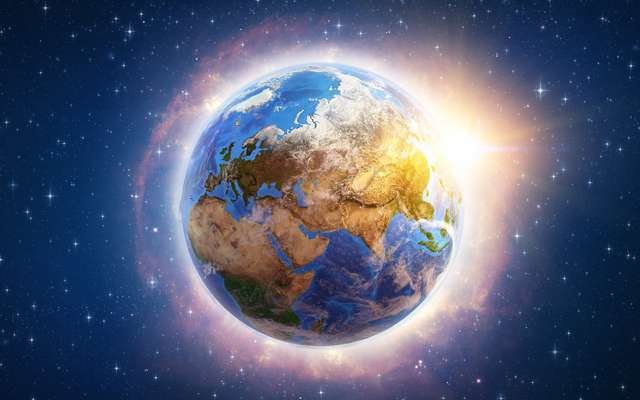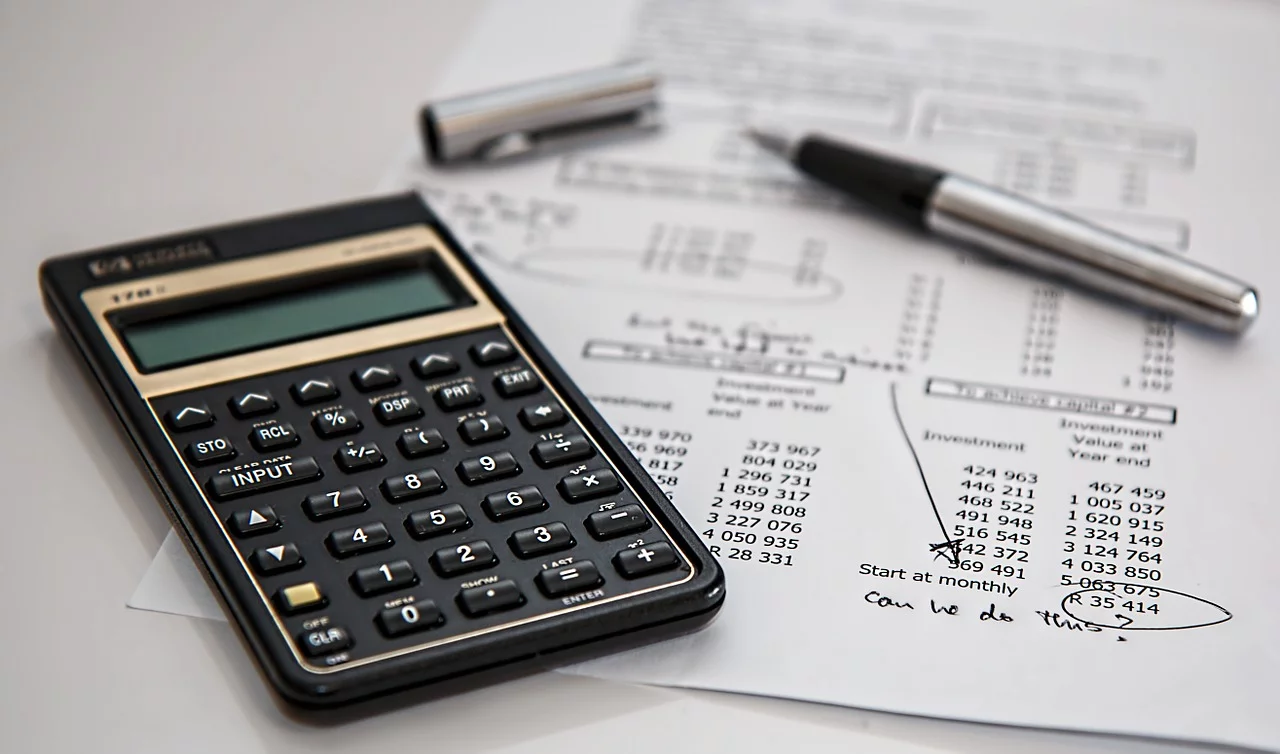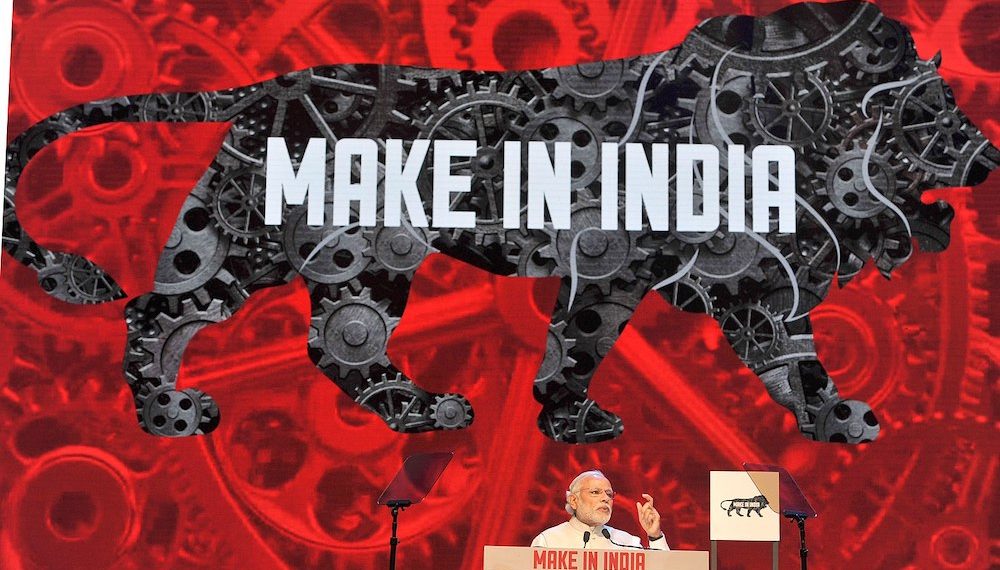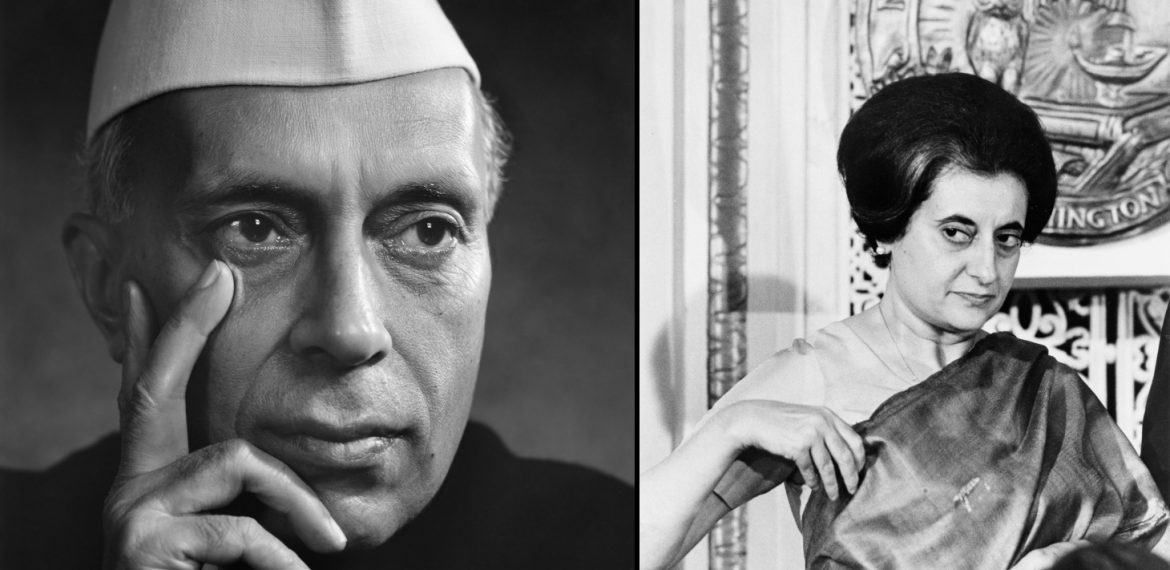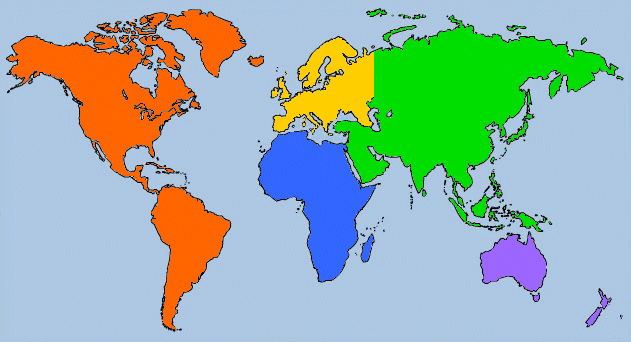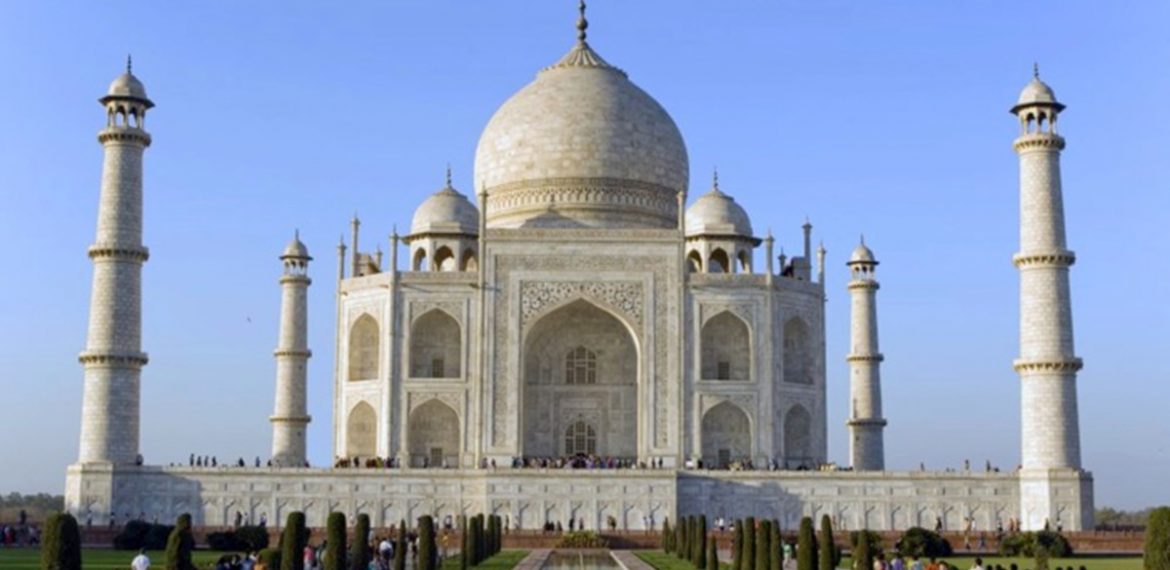The inertia generated by the long life of energy infrastructures (more than a century for buildings, around half a century for thermoelectric power plants) is at the origin of long forecasts, often in the form of scenarios. But how can we look far ahead if we do not know anything about the long developments of the past. Historical knowledge, both national and global, helps to better understand the possible speed of desired future changes.

